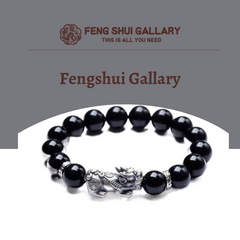What is Feng Shui?Can Feng Shui Enhance Human Well-Being?
What is Feng Shui?
Feng Shui started in China more than 6,000 years ago, and it was the early inspiration for the design of temples and other sacred places—including the Great Wall of China itself! Over time, it has become synonymous with building with respect for nature and for the earth in general.
Feng Shui is based on the belief that there is a continuous flow of energy between humans and their physical surroundings.
The name is derived from the Chinese symbols for wind and water. A balance between the energy represented by the wind and the calmness represented by water creates harmony among people and between people and their surroundings, and this harmony promotes success, health, and a sense of community.
Feng Shui principles can be applied to interior spaces such as offices and living rooms, as well as to outdoor spaces such as gardens. The proper configuration of the objects and space around us is said to maximize the flow of the positive energy needed to sustain a happy life and an overall sense of well-being.
Basic Feng Shui Principles
The key to understanding Feng Shui is appreciating the role played by “Chi” (or “Qi”).
Chi is the positive energy that we wish to encourage in the places where we spend time, and it circulates best in spaces that contain soft objects with rounded edges. Irregular objects with sharp points or angles can block or disrupt to the flow of chi, resulting in “sha chi,” which is a negative energy that has a bad effect on both people and places.
To increase the flow of chi and to minimize the presence of sha chi, the five elements - water, earth, fire, wood, and metal - should be in balance with each other; you do not want to have too much or too little of any one of them.


